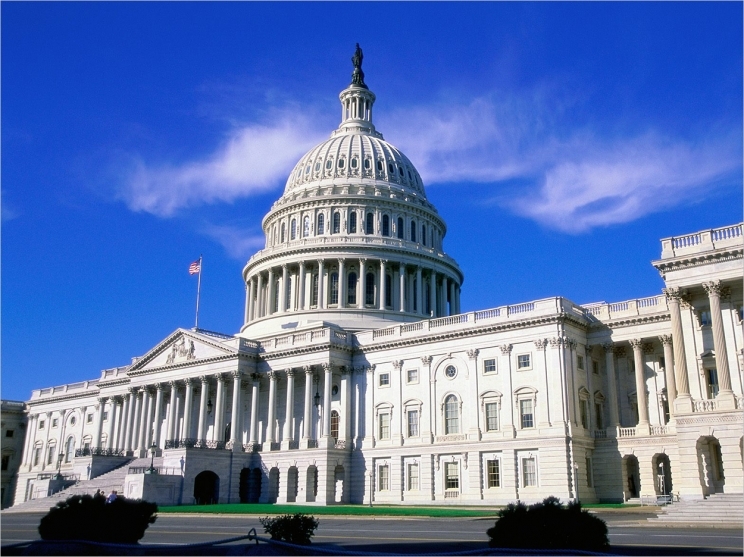
The ADA is commending Senators Dick Durbin and Marco Rubio for introducing the Strengthening America’s Health Care Readiness Act (S.4055), which addresses health workforce shortages and disparities exposed by the COVID-19 pandemic through additional funding for the National Health Service Corps (NHSC) and establishing an NHSC Emergency Service demonstration project.
“This historic investment in the NHSC and National Disaster Medical System (NDMS) will bolster health emergency surge capacity and restore the pipleline of dentists and other health care providers needed to address existing health workforce shortages,” the ADA said in a letter to the senators signed by president Chad Gehani, DDS, and executive director Kathleen T. O’Loughlin, DMD, MPH.
The ADA also noted its commitment to expanding NHSC scholarships and loan repayments for dentists who work at NHSC-approved locations. Expanding NHSC programs would both address workforce shortages and help participants reduce their student debt, the ADA continued, noting that debt is a substantial barrier in meeting the nation’s workforce needs.
As student loans average more than $200,000, the ADA said, dentists pursue higher-paying specialties and communities, reducing access to oral healthcare in economically disadvantaged areas. The bill would address these challenges and encourage dentists and promising dental students to practice in these areas by providing financial assistance in exchange for service.
Also, the ADA said, the legislation would prioritize individuals who continue to practice after they have completed their service obligations and provide increased funding based upon the sites where these providers completed their NHSC contractual duties. Further, the ADA cited the legislation’s potential impact on minority communities and practitioners alike.
“The COVID-19 pandemic has magnified the alarming racial and ethnic disparities in health outcomes, which is a manifestation of our nation’s health workforce shortages in underserved urban and rural communities. These inequities could be addressed by expanding the representation of minority populations in health careers,” the letter said.
“The bill’s inclusion of the 40% in set-aside funding for racial and ethnic minorities and students from low-income urban and rural areas will address existing inequalities and reduce disparities and barriers to entry into the dental profession,” the letter continued.
Additionally, the ADA praised the bill’s creation of a new emergency service partnership between the NHSC and NDMS to boost surge capacity in response to public health emergencies. NHSC dentists and alumni who practice in health professional shortage areas could concurrently serve in the NDMS and be available for rapid deployment while receiving supplemental loan repayment awards to address their debt, the ADA added.
“For years, the ADA has advocated for national emergency preparedness solutions through research, public policy, and legislation, and the Strengthening America’s Health Care Readiness Act would help with these efforts,” the ADA said.
Related Articles
ADA to Develop Clinical Guidelines for Pain Management
ADA Seeks Coordination in Changes to Health Breach Notification Rule
AGD Takes Issues With CDC’s Updated Guidance for N95 Use











